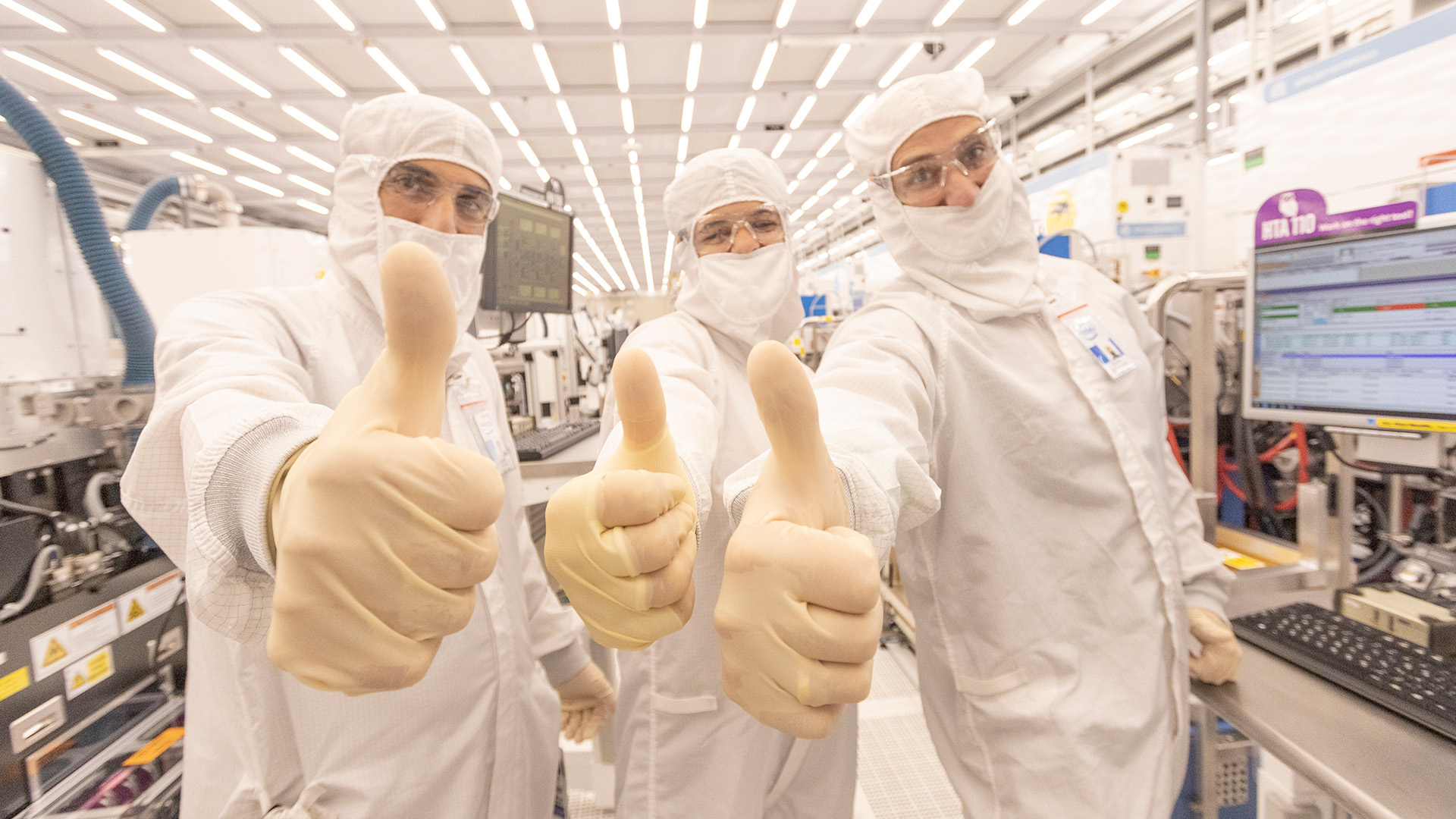
Intel's not been doing amazingly well of late. That's not just when it comes to PC gaming either, which, after all, is a market that makes up only a small slice of Intel's pie. No, Intel's not been doing great overall, even judging by the raw numbers, which have seen the company's stock drop almost 60% so far this year. It's no surprise, then, that it's also selling a bunch of shares.
Intel has just sold all its 1.18 million stake in Arm Holdings (via Reuters). According to Reuters's calculations, this should have raised almost $150 million for the company ($146.7 million).
Chipzilla has been set on a new strategy for a while now, this being to shift to a for-hire fabrication model akin to TSMC's. In fact, Intel recently partnered with Arm to ensure its future chips would gel with Intel's 18A production node, saying it's happy to make the very Arm chips that could threaten its x86 hegemony.
That's probably why this news has grabbed the attention of some people: because Intel's sold its shares in a company it's just partnered with. But obviously those shares haven't disappeared into thin air, they've just changed hands. Arm's doing fine.
In fact, $150 million is peanuts in the chip fabrication industry. To give an example, back in April we heard (via The Register) that Intel has committed to spending over $185 billion on fab, packaging, and test sites. And it's now looking like $30 billion of that will go towards the production of a new fab in Arizona.
Doing some quick maths, if the recent share sales did indeed net almost $150 million, then this would amount to just 0.5% the cost of the Arizona fab and 0.08% of Intel's planned spending. Nothing to get too excited over.
That's one way of looking at it: to say it's no big deal. The other is to recognise that it's a bad sign when a company has to generate such liquidity, especially given this is generated by selling shares in a company who you're actually partnering with.
But, then, what would we expect, given Intel's strategy? Every little helps, and we won't know the ultimate consequences of this overall strategy for quite some time.
I must say, it will be quite strange seeing Intel make chips for other companies while other companies make chips for Intel. TSMC is rumoured to be producing most of Intel's next-gen Arrow Lake chips, as it has for most of the current Meteor Lake stock. Hopefully the strategy pays dividends—unlike Intel, which recently paused its dividend—and Intel returns to firmer footing under a new business model.







